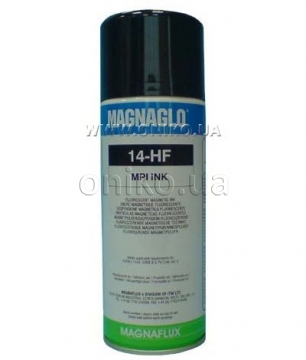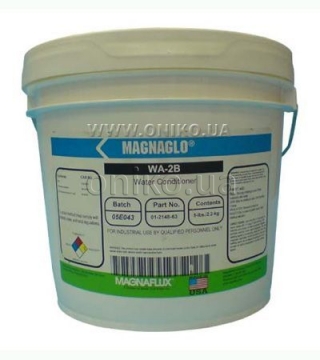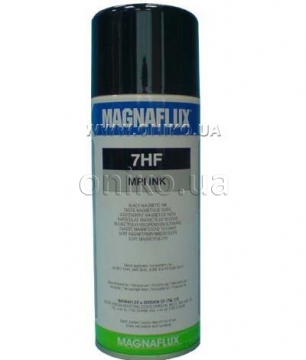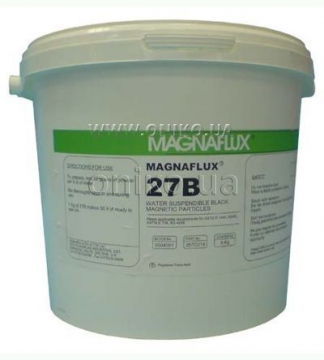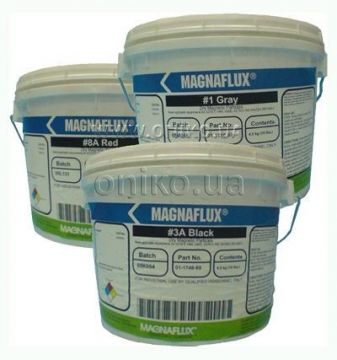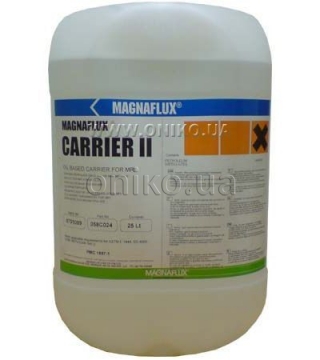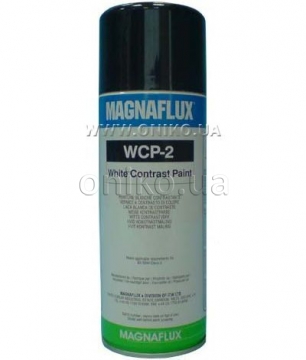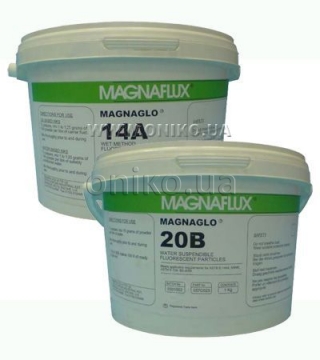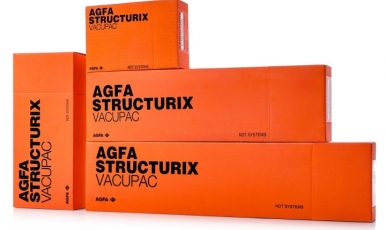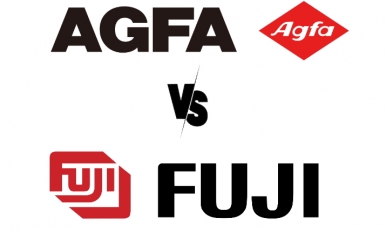MAGNAGLO 14HF, 410HF Ready to use Fluorescent MPI Ink
14HF & 410HF are oil based ready to use fluorescent inks for wet method magnetic particle testing. The inks are used in conjunction with suitable magnetising equipment and UV(A) source to locate medium / fine surface and slightly subsurface discontinuities in ferrous materials.
Typical defects found include shrink cracks, welding defects, grinding cracks, quencing cracks and fatigue cracks.
14HF is the material of choice for aerospace applications giving clear fluorescent green indications when viewed in a darkened area under UV(A) of peak wavelength 365nm. 410HF can be used in similar applications to 14HF, its enhanced fluorescent green indications and slightly larger particle size means that a totally darkened inspection area is not always required.
Composition
14HF & 410HF consist of a suspension of magnetic particles in a high flash low odour petroleum distillate.
Typical properties
| Property | 14HF | 410HF |
|---|---|---|
| Form | Green Powder | Green Powder |
| Colour under UV (365 nm) | Bright Green | Bright Green |
| SAE Sensitivity | 7 | 7 |
| Recommended Concentration Range | 0.75 - 1.50 g per litre | 0.75 - 1.50 g per litre |
| Settlement Volume | 0.05 - 0.15 ml | 0.05 - 0.15 ml |
| Temperature Limit | 48°C | 48°C |
Bath Preparation
The recommended concentration is 0.75 to 1.50 g of MG 410 per litre of carrier.
Oil Based Ink
Mix the weighed out powder with the required quantity of a suitable oil carrier such as MX Carrier II, and allow to mix for approximately 15 minutes or until fully dispersed.
Before use check for correct settlement volume.
Water Based Ink
Prepare the water carrier by dissolving 10 g of WA2B or WA4E wetting agent per litre of water.
Weigh out the appropriate amount of MG 410 powder then add to the prepared water carrier and allow to mix for approximately 15 minutes or until fully dispersed.
Before use check for correct settlement volume.
Method of Use
Components should be cleaned prior to testing to reduce the risk of bath contamination and to provide a suitable test surface.
The Ink can be applied by spraying, immersion or flooding.
The ink must be mixed thoroughly prior to use and must be kept agitated during testing.
Using the wet continuous method, the ink is applied to all surfaces of the component during magnetization.
The indications will be formed during the application of magnetising current.
The flow of ink must stop before the magnetising current otherwise there is a risk that the force of the ink application may wash away indications.
Using the wet residual method, the premagnetised part is immersed in the bath, removed, allowed to drain and then inspected. This method is generally less sensitive than the continuous method and is more susceptible to rapid particle depletion and bath contamination.
More information here ...

